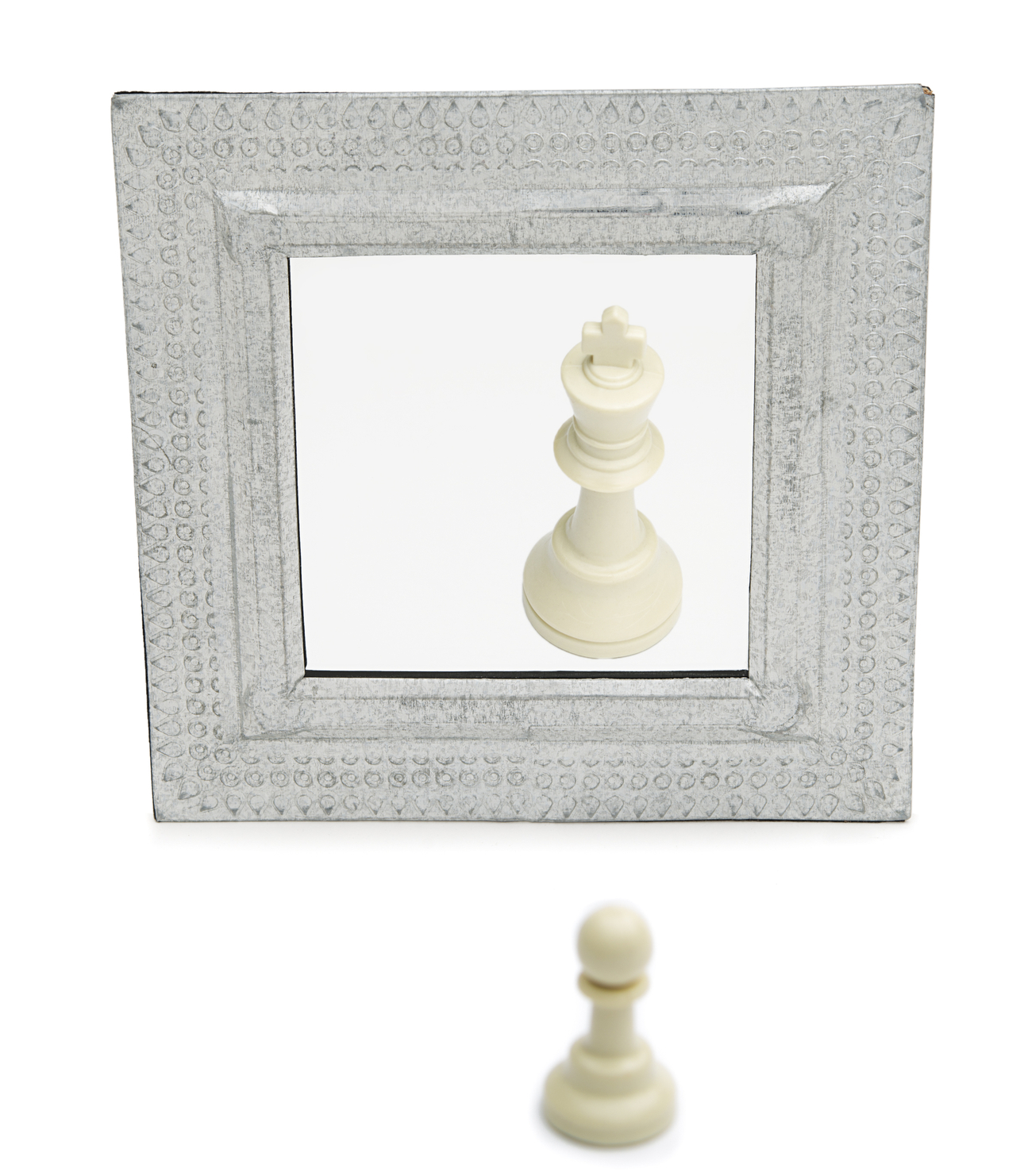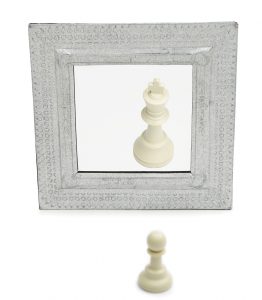It takes a certain level of narcissism to believe you should have a hand in the running of a major world power.
But there is a very important difference between healthy and unhealthy narcissism.
Healthy narcissism is a real and valuable trait. We all need to feel loved, important, and powerful in our lives to a certain degree. In general, think of narcissism as a part of our personality structure that helps defend against feeling overwhelmed by the challenges of being human, and to motivate us to achieve. Healthy narcissism protects us – defends us – from being overwhelmed by the pain of failure and keeps us from getting lost in hopelessness. It helps motivate us to do well, to strive for becoming our best selves, to do better with our lives.
Unhealthy narcissism, on the other end of the spectrum, looks like this*:
- Grandiose sense of self-importance
- Preoccupation with fantasies of unlimited success, power, brilliance, beauty, or ideal love
- Belief that he or she is “special” and unique and can only be understood by, or should associate with, other special or high status people (or institutions)
- Requirement for excessive admiration
- Sense of entitlement (unreasonable expectations of especially favorable treatment or automatic compliance with his or her expectations).
- Interpersonally exploitative (takes advantage of others to achieve his or her own ends)
- Lacking empathy: is unwilling to recognize or identify with the feelings and needs of others
- Envious of others or believes that others are envious of him or her
- Arrogant, haughty behaviors or attitudes
And there’s more… narcissists often show these traits, as well:
- Exaggeration of achievements or talents
- Taking pleasure in making others feel inferior
- Expectation that others to go along with the narcissist’s ideas and plans
- Use of shame, guilt, and fear as tactics for keeping others down
- Difficulties keeping healthy relationships
- Setting of unrealistic goals
- Treating others as extensions of themselves, to be used to suit their own needs
- Becoming easily hurt
- Having fragile self-esteem
- Appearing as tough-minded or unemotional
- Compulsively acting to control the focus of another’s attention
- Being deceitfully charming
When enough of those features drive a person’s behavior, one enters the realm of a full-blown personality disorder, one that’s considered to be compulsively driven by a deep sense of self-loathing, highly fragile self-esteem, and an obsession with grabbing and hoarding power and attention, seeming to need them as much as oxygen or water.
And woe be unto those who poke at the narcissist’s defenses, for they will be attacked ferociously, in the narcissist’s desperate attempt to keep the fortress against inadequacy and fear from falling apart. A narcissistic injury or wound – making a narcissist look bad, pointing out their errors, even just disagreeing with them – is sure to result in a huge and vicious backlash.
That backlash can be outright dangerous, because the unhealthy narcissist is motivated to protect and promote him of her self above all else, and is driven by self-preservation without consideration of the collateral damage to anyone else.
As I said, it takes a certain level of narcissism to believe you should have a hand in the running of a major world power. I hope and pray for our world leaders to be on the healthy end of the narcissism spectrum.
*(These are drawn from the American Psychiatric Association’s DSM-IV, which is superseded by DSM-V. They should not be used for clinical diagnosis; they are included here as descriptive, not diagnostic.)


